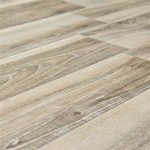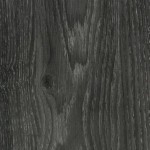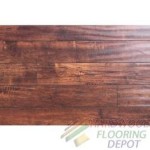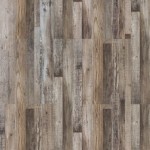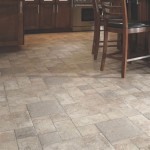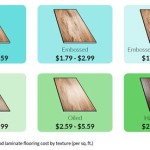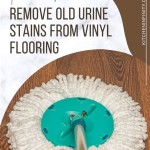Cork Flooring For Kitchens And Bathrooms: A Comprehensive Guide
Cork flooring is becoming increasingly popular due to its numerous benefits. It is a natural, sustainable, and durable option for kitchens and bathrooms. This guide will provide essential aspects of cork flooring for kitchens and bathrooms, ensuring you have all the information you need to make an informed decision.
Advantages of Cork Flooring
Cork flooring offers several advantages, including:
- Natural and Sustainable: Cork is a renewable resource harvested from the bark of cork oak trees without harming the tree.
- Durability: Cork is naturally resistant to wear and tear, making it ideal for high-traffic areas like kitchens and bathrooms.
- Water Resistance: Cork has a natural waxy layer that resists water penetration, making it suitable for bathrooms and kitchens.
- Comfort and Insulation: Cork provides excellent insulation, which can reduce noise and create a more comfortable walking surface.
- Hypoallergenic: Cork is naturally hypoallergenic, making it ideal for individuals with allergies.
Types of Cork Flooring
There are two main types of cork flooring:
- Solid Cork: Solid cork planks are made from a single piece of cork, providing a natural and seamless look.
- Engineered Cork: Engineered cork planks have a cork core with a thin top layer of real cork. This option is more affordable and stable than solid cork.
Installation and Maintenance
Cork flooring is relatively easy to install. It can be glued down or floated over an existing subfloor. However, it is essential to follow the manufacturer's instructions carefully to ensure a successful installation.
Maintenance is straightforward. Regular sweeping and mopping with a damp cloth will suffice. Avoid using harsh chemicals or abrasive cleaners as they can damage the cork's finish.
Considerations for Kitchens and Bathrooms
When choosing cork flooring for kitchens and bathrooms, consider the following factors:
- Moisture Levels: Both kitchens and bathrooms have fluctuating moisture levels. Opt for cork flooring with a polyurethane finish or a waterproof backing for enhanced water resistance.
- Slip Resistance: Bathrooms can be slippery. Choose cork flooring with a textured finish to provide better slip resistance.
- Style: Cork flooring comes in various colors and textures. Select a style that complements the overall design of your kitchen or bathroom.
Conclusion
Cork flooring is an excellent option for kitchens and bathrooms. Its natural, durable, and water-resistant properties make it an ideal choice for these high-traffic areas. By considering the essential aspects discussed in this guide, you can make an informed decision and enjoy the benefits of cork flooring for years to come.

Gray Bamboo 1 4 6mm Cork Glue Down Tile Ggb6 Icork Floor

Best Bathroom Flooring Cork Tile For Rest Of The House Icork Floor

Kitchen Flooring With Natural Cork Icork Floor

Bathroom Flooring Cork Floor Cancork

Best Bathroom Flooring Cork Tile For Rest Of The House Icork Floor

Classic Cork Tile The Habitus Collection

Your Guide To Using Cork Floors In A Bathroom Portuguese Treasures

Bathroom Cork Floors Design Photos And Ideas Dwell

Water Resistance Floors Go Cork Flooring Tiles Cancork

Will Cork Float For Your Bathroom Floor
Related Posts

